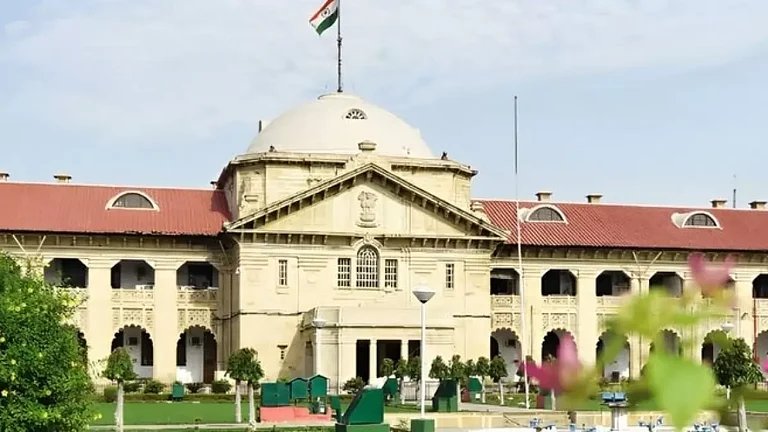Supreme Court has come down heavily on the concept of "bulldozer justice'' saying no property can be demolished without prior notice. Calling demolition 'high handed actions', the Apex court maintained that demolishing properties of citizens without prior notice was against the rule of law and would be considered "transgressing of limits by the executive''.
A two member bench of Justice B R Gavai and K V Vishwanathan said "properties cannot be demolished merely because on the ground of criminal accusations and convictions.
The bench maintained that 'executive cannot declare a person guilty' and proper course of law needs to be followed.
In a slew of directions, the Supreme Court said that a 15-day notice should be given before any demolition takes place alongside a show cause notice.
The Supreme Court also said a digital portal will be set up in three months to track the notices. The aforementioned portal would include details about the notice.
The apex court's directions on bulldozer demolition fell under the ambit of Article 142 of the Constitution which empowers the court to pass any decree or order necessary for doing complete justice in any case or matter pending before it.
"No demolition should be carried out without a prior show cause notice returnable either in accordance with the time provided by the local municipal laws or within 15 days time from the date of service of such notice, whichever is later", the court said.
Emphasizing the need to adhere to the established norms, the bench said, "If the Executive, in an arbitrary manner, demolishes the house of a citizen only on the ground that they are accused of a crime, then it acts contrary to the principles of rule of law."
Citing the act of demolishing people's houses merely because they are accused or convicts as "totally unconstitutional", the apex court ruled that the Executive can't replace the Judiciary in performing its core function.
"If the Executive acts as a judge and inflicts penalty of demolition on a citizen on the ground that he is an accused, it violates the principle of separation of powers," the bench said.
The bench also mandated that even after orders of demolition are passed, the property owner or occupier should be given some time so as to challenge the order before an appropriate forum. Even in cases where people do not wish to contest the demolition order, sufficient time should be given to them to vacate and make alternate arrangements.
The Supreme Court also observed that ``if a particular structure is chosen suddenly for demolition, while other similarly situated structures in the same vicinity are not touched, mala fide may loom large''.
In such cases where authorities indulge into arbitary pick and choose of the structure the bench said real motive could have not been illegality of the structure.
"A presumption could be drawn that the real motive for such demolition proceedings was not the illegal structure but an action penalising the accused without even trying him before court of law,'' Livelaw quoted the bench saying.









_570_850.jpg?auto=format%2Ccompress&fit=max&format=webp&w=768&dpr=1.0)
















